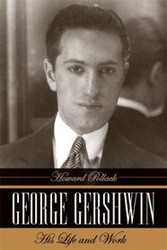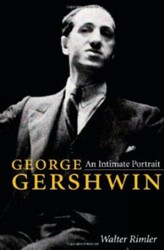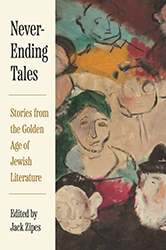Norman Lebrecht’s study is filled with energy, irony, and new angles of vision. He makes a powerful point that most of the figures featured in this book made their contributions in what was essentially an antisemitic world. While the particulars of such conditions run through the book’s sixteen chapters, more engaging is the author’s blend of diverse personalities with varied relationships to Jewish identity: religion, culture, law, and peoplehood.
Although most of the chapters detail important contributions by Jews to the benefit of mankind within the stretch of this hundred-year period, many chapters focus on significant changes particular to Jewish culture and identity. Historical writings continue to applaud the accomplishments of Einstein, Kafka, Marx, Freud, and others of world-changing stature, but it is inside the international Jewish community that the contributions of giants such as Theodor Herzl and Solomon Schechter are celebrated.
Lebrecht enjoys developing his explorations through comparisons and contrasts. The Herzl-Schechter chapter titled “1890: Two Beards on a Train” is one powerful example. It ends with the introduction of a third shaper of Jewish destiny, a foil to Schechter’s role in birthing the Conservative movement; this partner is Menachem Mendel Schneerson, who invigorated and masterminded Chabad Lubavitch.
Lebrecht’s prose is lively and his voice is distinctive. He doesn’t mind putting himself in the narratives that he shapes with vigor and aplomb. He seems most excited when exploring Jewish contributions to the arts, particularly symphonic music and other performance-related categories. For example, his portrait of Fanny Brice, illustrates her remarkable chutzpah as well as that of the author, who gives her credit for inventing celebrity. Similarly, his treatment of how Jews influenced the writings of Charles Dickens and George Eliot is another example of Lebrecht’s adventurous scholarship and his love of bold strokes.
The twentieth-century portion of Lebrecht’s study include the Jewish contribution to American musical theater; “Blues “N’ Jews” rehearses the Jewish musical genius let loose by the Gershwin brothers, Arnold Schoenberg, Irving Berlin, and a host of others. And, of course, Jewish dominance in the film industry receives appropriate, thoughtful attention.
Additionally, Lebrecht documents less well known, but world-changing, contributions of Siegfried Marcus, father of the automobile; Rosalind Franklin, whose research fostered the understanding of DNA and the whole field of genetic science; and Karl Landsteiner, who identified the major blood groups and made blood transfusion a routine medical practice, saving countless lives.
Philip K. Jason is professor emeritus of English at the United States Naval Academy. A former editor of Poet Lore, he is the author or editor of twenty books, including Acts and Shadows: The Vietnam War in American Literary Culture and Don’t Wave Goodbye: The Children’s Flight from Nazi Persecution to American Freedom.





